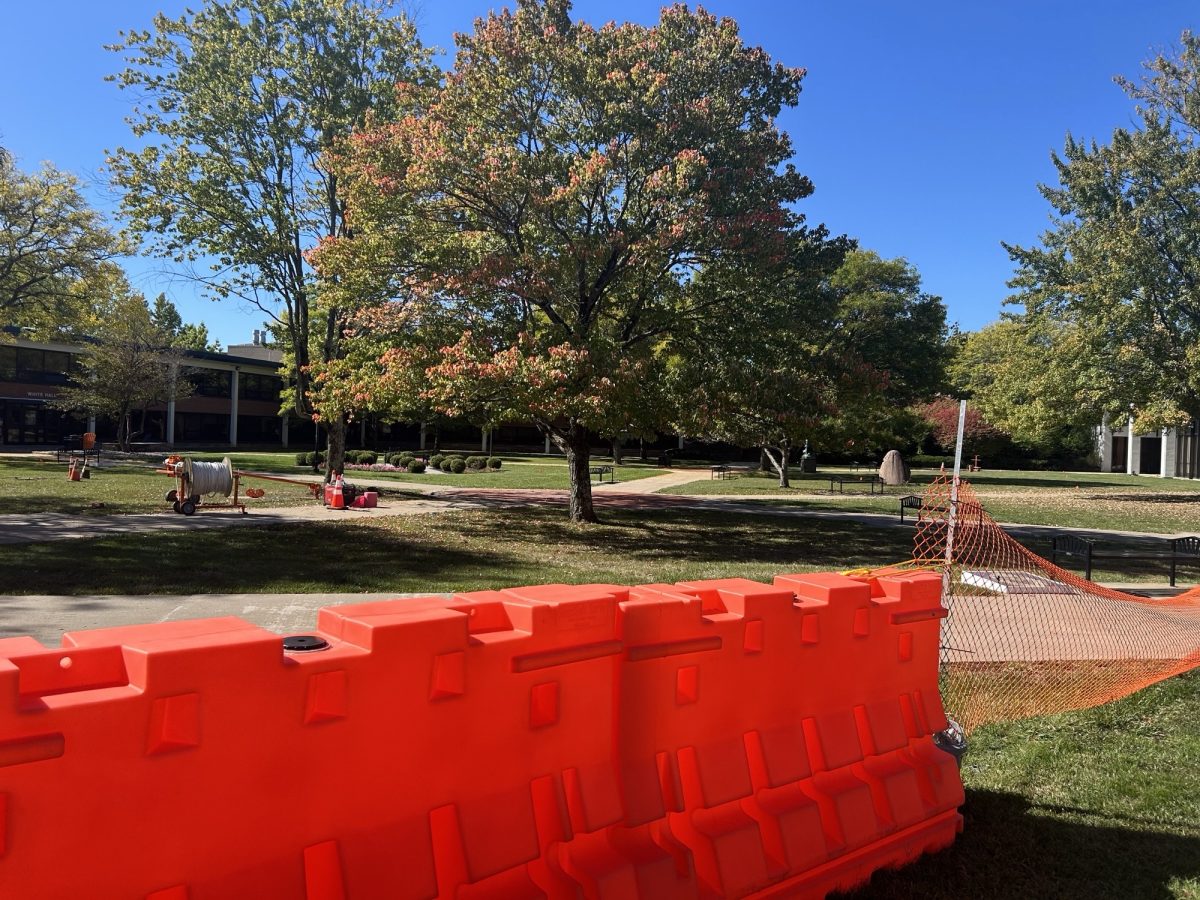Hannah Steyn, Assistant News Editor
Former President Donald Trump’s second impeachment trial ended in his acquittal by the Senate on Saturday, Feb. 13.
According to The New York Times, the vote fell short of the two-thirds required for a conviction by ten votes, with a result of 57-43. All 50 Democrats voted to convict Trump of incitement of insurrection, with seven Republicans voting with them. This was the most bipartisan vote in the history of all four presidential impeachments – during Trump’s first impeachment trial, only one Republican voted in favor of impeachment.
The trial took place from Feb. 9–13, and the charge Trump faced was that of incitement of insurrection following his involvement in the Jan. 6 riots at the Capitol. During the trial, more details on the riots surfaced than had previously been reported.
Deborah Wilson-Allam, executive director at the Utica College Office of International Education, said she was disappointed in the Senate’s acquittal of Trump, but not at all surprised.
“Senate Republicans have demonstrated over and over again during the past four years that they will support Trump no matter what he does,” Wilson-Allam said. “The pictures of the security on the Capitol steps during last year’s peaceful BLM marches in Washington, D.C. compared to the pictures of the lack of security on the Capitol steps on Jan. 6 tell the true story of Republican politicians priorities.”
Sen. Mitch McConnell, despite voting to acquit Trump, still pinned all the blame for the Jan. 6 riots directly on Trump. Many other Republican leaders have also expressed their disapproval of Trump’s actions.
“There is no question that President Trump is practically and morally responsible for provoking the events of the day,” McConnell said.
Junior Emily Hill said she believed there should have been a conviction.
“I’m upset because there was so much evidence showing that [Trump] was responsible for the riots,” Hill said. “Even if he wasn’t out there with them, he was actively encouraging the rioters.”
Despite his condemnation of Trump, McConnell said impeachment was intended to remove a president from office, rather than convict one after their presidency.
The main reason the acquittal was granted was the complexity of the laws surrounding the conviction of a former president.
The result of this trial brings to light the extreme separation of the two parties, where many hope for political unification.
“I do believe that eventually, the American people will find ways to come together and restore bipartisan compromise,” Wilson-Allam said. “Dissent is an important part of the democratic process, and should not be silenced. But the events of Jan. 6 suggest that we need to be much more vigilant in protecting free and truthful speech. Opinions can vary – facts cannot. The sparks that lit the fire on Jan. 6 were the lies that Trump has been telling and his party has been supporting since 2015.”
Hill said that right now it’s hard to envision unity, as it seems like the two sides are moving farther and farther apart rather than closer together.
“I do feel like the younger generation is more open though, so there is hope,” Hill said. “But it might take a while to reach a compromise or something that everyone is happy with.”
Wilson-Allam said that both parties need to work hard to regain the trust of the American people.
“Both parties need to lead with their values – and explain more clearly how their policies are driven by their values,” Wilson-Allam said. “And Americans need to take responsibility for critically examining what they read and hear in the media and from politicians.”









































































































































